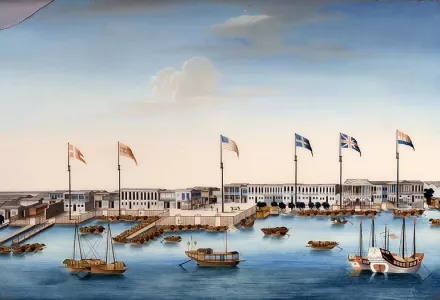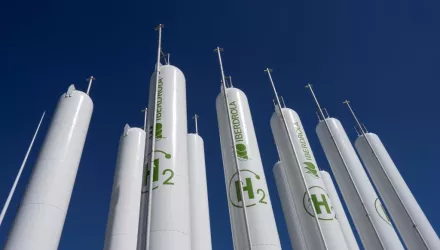Virtuous Emulations of Liberty: American Diplomatic Culture After the American Revolution
Note New Date
Speaker: Katrina Ponti, Ernest May Fellow in History & Policy, International Security Program
As the United States emerged as an independent state after the Revolution, it faced the world with a State Department staffed by five clerks and initially led by an absentee Thomas Jefferson. How did the nation secure its place in global affairs with such a small bureaucracy? What was the diplomacy of a democracy supposed to look like?
Everyone is welcome to join us online via Zoom! Please register in advance for this seminar:
https://harvard.zoom.us/meeting/register/tJErdeyrqzsuHd0PyAHYv3lQQoGGLh7Lm4P-




